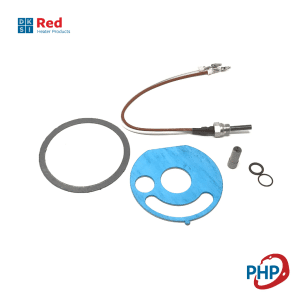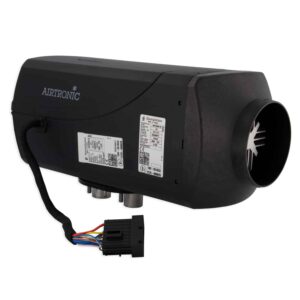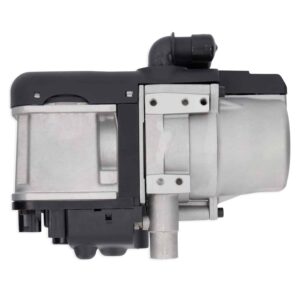Diesel coolant heaters, also known as engine block heaters or coolant preheaters, are devices designed to warm up the engine coolant in a vehicle’s engine before starting it. Here’s 12 things to know:
1. Function: Diesel coolant heaters are used to preheat the engine coolant, which in turn warms the engine block, cylinder head, and other components. This makes it easier to start the engine in cold temperatures and reduces wear and tear on the engine.
2. Cold Starts: In cold weather conditions, diesel engines can become harder to start due to the thickening of engine oil and other fluids. Preheating the coolant helps alleviate this issue by ensuring that the engine starts more easily and quickly.
3. Improved Lubrication: Cold engine starts can result in poor lubrication initially, which can cause increased friction and wear on engine components. Preheating the coolant helps maintain better lubrication and reduces the risk of damage during startup.
4. Fuel Efficiency: A warmed-up engine operates more efficiently and reaches optimal operating temperatures faster. This can lead to improved fuel efficiency and reduced emissions once the vehicle is in motion.
5. Reduced Emissions: Diesel engines emit higher levels of pollutants during cold starts. Preheating the engine reduces the duration of cold starts, which can help lower overall emissions from the vehicle.
6. Longevity: Preheating the engine with a coolant heater can contribute to the longevity of the engine by minimizing the stress and strain associated with cold starts.
7. Types: There are various types of diesel coolant heaters, including electric heaters, which plug into an external power source, and fuel-fired heaters, which use diesel fuel to generate heat. Some heaters are integrated into the engine block, while others are external units that are attached to the coolant lines.
8. Timers and Controllers: Many coolant heaters come with timers or controllers that allow you to schedule when the heater should start warming up the engine. This is especially useful if you have a regular schedule and want the engine to be warm and ready to start when you need it.
9. Installation: Installation of coolant heaters varies based on the type and model of the heater. Some units may require professional installation, especially if they are integrated into the engine block.
10. Compatibility: Diesel coolant heaters can be installed in a wide range of vehicles, including cars, trucks, buses, construction equipment, and more.
11. Energy Source: Electric coolant heaters require an external power source, such as a power outlet, while fuel-fired heaters use diesel fuel from the vehicle’s tank to generate heat.
12. Safety Features: Many modern coolant heaters come with safety features like temperature sensors and automatic shut-off mechanisms to prevent overheating.
Diesel coolant heaters can provide several benefits for vehicle owners, particularly in cold climates. They help ensure smoother engine starts, reduce wear and tear, and improve overall engine performance while also contributing to environmental friendliness by minimizing emissions during startup.




